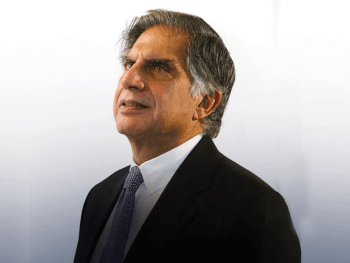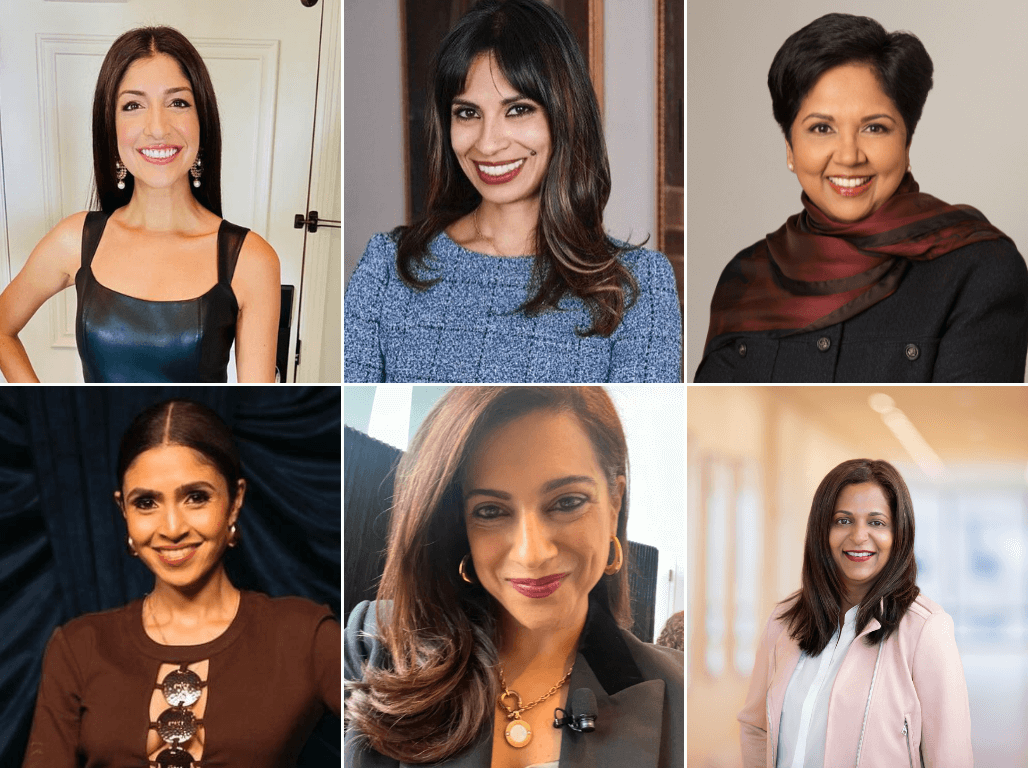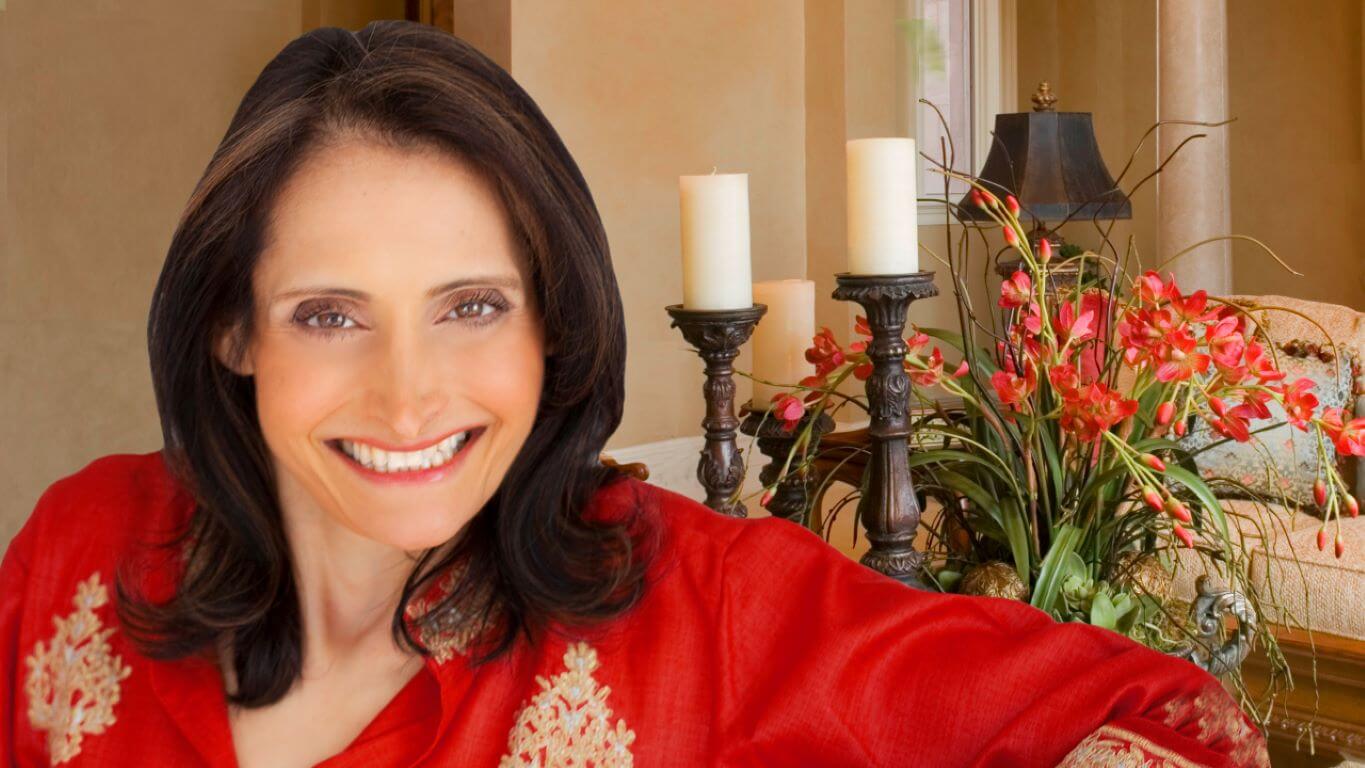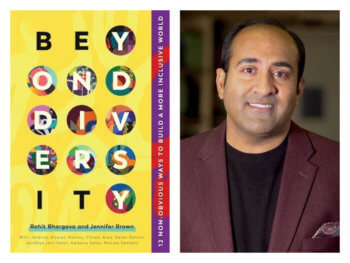As the video game industry becomes more and more mainstream, two major companies attract praise and controversy for their diverging approaches to representation.
Last year, the video game industry generated $76 billion USD, signifying 9% growth since 2013. India’s game industry grew 16% in 2012, reaching a revenue of $227 million. This exceptional growth is largely due to the mobile and tablet market, which is the industry's fastest-growing sector. Given that 56% of people own a smartphone and 80% of people spend their smartphone time on apps or games, it’s easy to see why video game revenue will continue to grow extremely fast.
The old stereotype of the average gamer as a teenage boy is very out-dated. The average gamer is 34 years old, and 40% of gamers are female. But there are regional variations in gamers' genders. In the United States and Canada, women make up 47% and 48% of the respective country's gamers. This ever-increasing diversity in video games has resulted in a wide variety of games catering to different audiences.
Last year, Bioware, a Canadian development team, released Dragon Age: Inquisition, the third instalment of its critically and commercially successful Dragon Age series. The game, like many other games in the role-playing genre — including the previous games in the franchise — offers in-depth character customization. Customization options include gender and a plethora of features, including skin colour, eye shape, eyebrow thickness, hair length, hair colour, nose shape, and brow height. This lets players shape their protagonist to their liking. Plus, Dragon Age: Inquisition features a wide range of characters in the story, including more female, gay, lesbian, bisexual, and transgender characters as well as more people of colour.
David Gaider, the game's lead writer, believes including people of different skin colours, sexual orientations, and genders provides a variety in storytelling that wouldn’t be possible with a homogenous cast of characters. However, some critics and fans have viewed this appeal to a diverse audience as pandering. There are multiple threads on the Bioware forums where fans and consumers talk about Bioware’s unnatural and forced inclusion of a diverse cast just for diversity's sake.
On the flip side, Ubisoft Montreal, another Canadian development team, released Assassin’s Creed Unity, the seventh major instalment in the Assassin’s Creed franchise. In contrast to Bioware's conscious commitment to inclusivity and diverse representation, Assassin’s Creed’s protagonists are constantly similar. With the exception of the first game, where the protagonist was an Arab man during the Third Crusade, the games all feature white, European, male protagonists.
One of Assassin's Creed Unity’s features was cooperative play with three other players. When asked whether players could finally play as a female character, creative director Alex Amancio claimed this request would double the production work and be unfeasible. Plus, level designer Bruno St-André asserted that Ubisoft would require more than 8,000 animations to be able to create female characters. These claims resulted in a lot of ire from the gaming community — and rightly so.
It’s clear that the gaming community is divided. Both Bioware and Ubisoft have been praised for their accomplishments in the industry. Dragon Age: Inquisition and Assassin’s Creed Unity generated $1.14 million and $1.97 million, respectively, in their first weeks of release. Yet the companies have also drawn lots of criticism for their approaches to inclusivity — for trying too hard and not hard enough, respectively. With gamers becoming more and more mainstream, the gaming industry — whether it wants to or not — is catering to a very diverse demographic and becoming more socially and politically relevant.
Feature Image: wikimedia.org
Vikram Bettadapura
Author
When he’s not blogging, Vikram Bettadapura works at a busy vet clinic. Born in Bangalore, he grew up in Abu Dhabi and later moved to Ontario, where he earned a BSc from the University of Guelph. Currently based in Toronto, he's an avid reader, passionate about culture, social issues, and ...














































































































